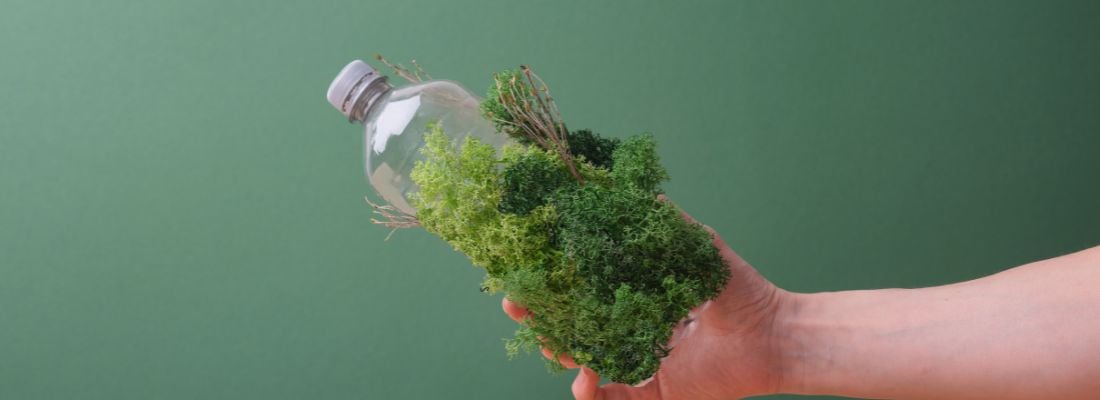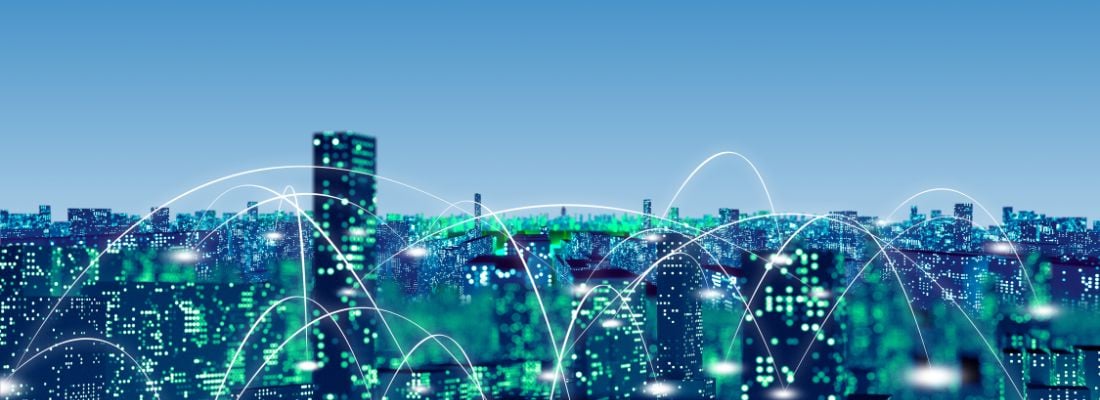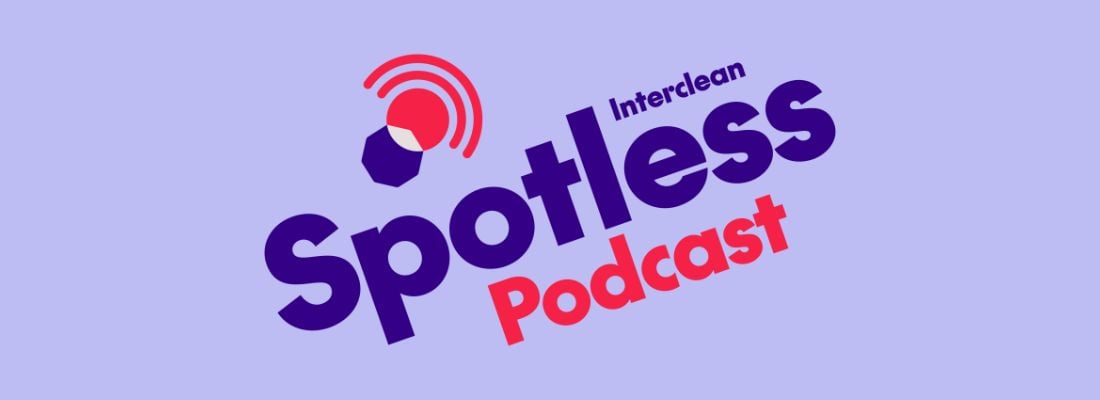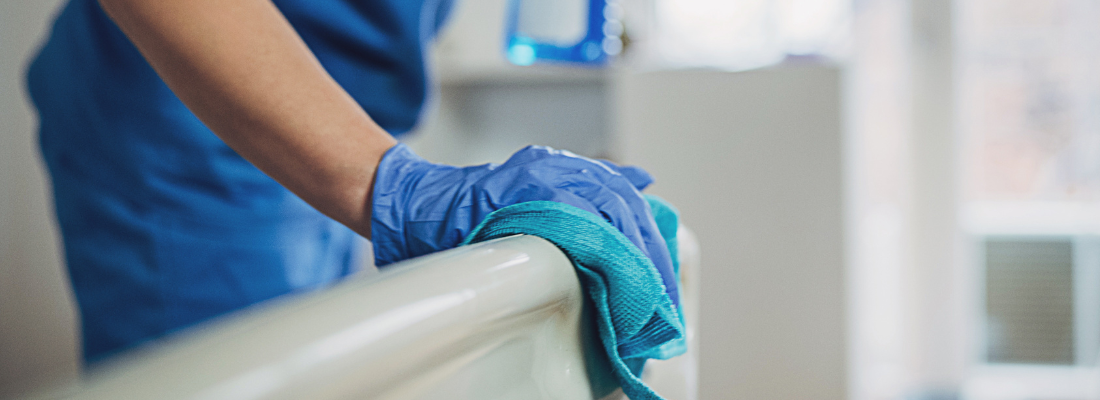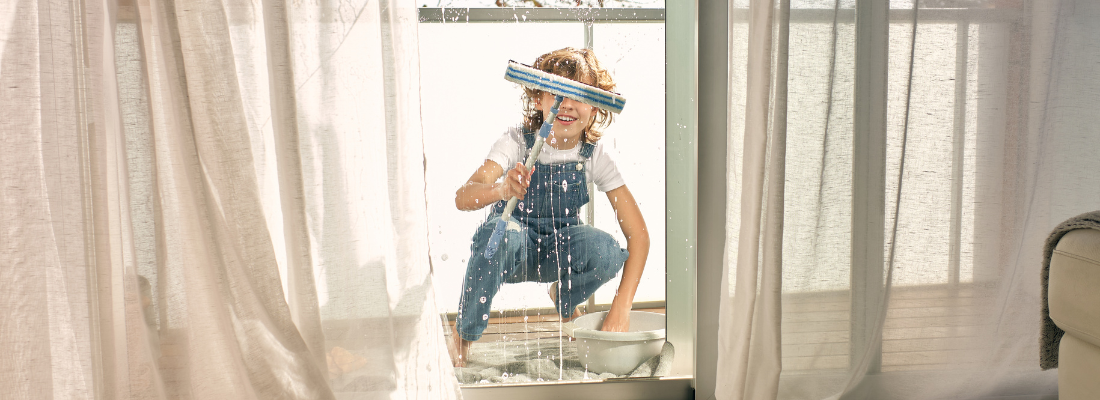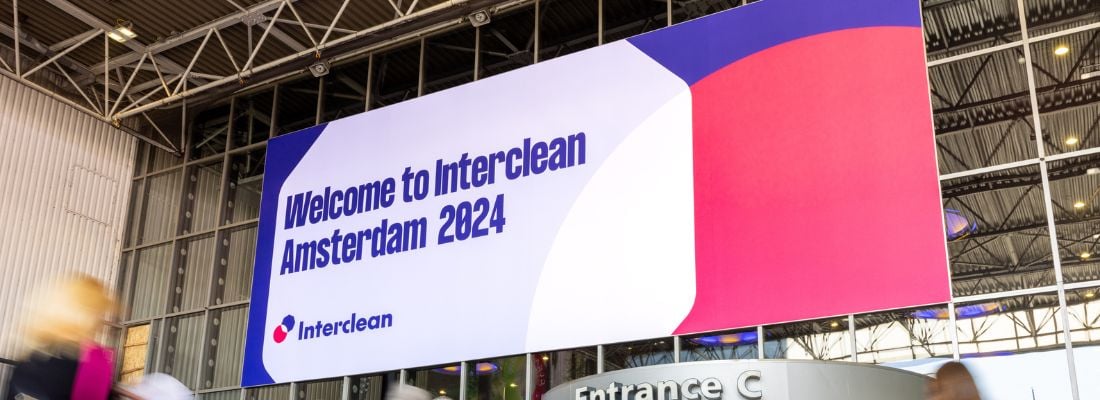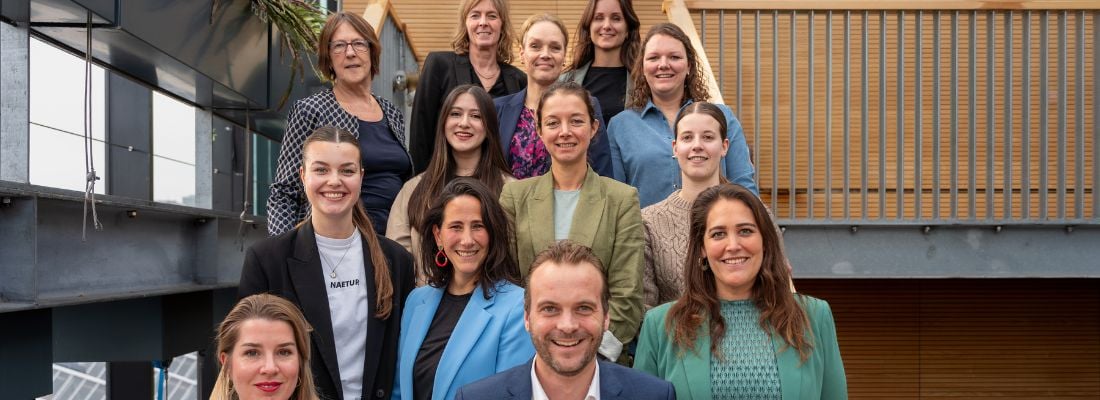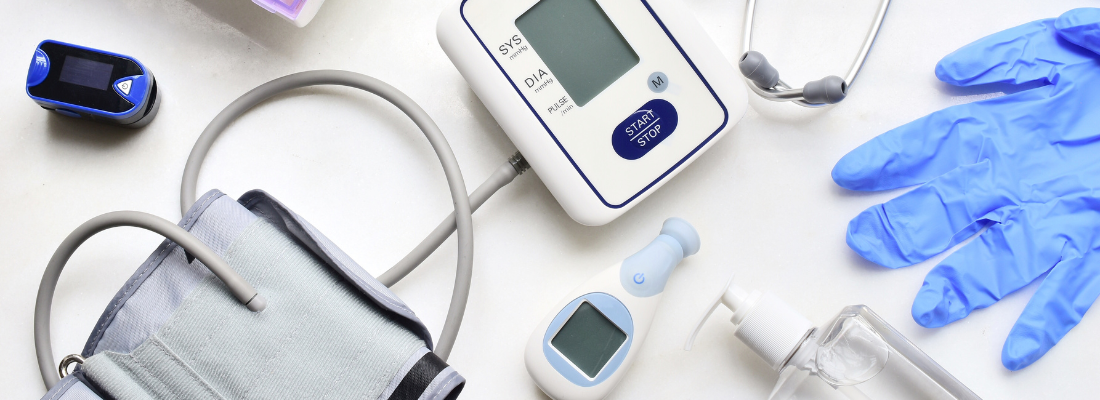How cleaning products manufacturers can make credible green claims: Interview with Lisa Sligting
As sustainability becomes a defining factor in procurement and public policy, the cleaning industry is facing rising pressure to make its green claims more transparent and verifiable. We sat down with Lisa Sligting, Sustainability Manager at the Dutch Association of Detergents and Cleaning Products (NVZ), to explore how cleaning product manufacturers can go beyond minimum standards, the role of the upcoming EU Green Claims Directive, and how both businesses and consumers can navigate this changing landscape responsibly.
How can cleaning products manufacturers go beyond the minimum requirements and make truly verifiable green claims?
According to Lisa Sligting, there are multiple ways manufacturers can step up their sustainability efforts without waiting for regulatory mandates. “One example is in packaging. Currently, there is no legal requirement for a minimum amount of recycled content within packaging,” she explains, “but this is of course a very good way to make less environmental impact.”
Another area where companies can differentiate themselves is transparency around production. “You can claim the amount of recycled content within your packaging, but also say something about the energy and water used during the production process,” she adds. These kinds of voluntary disclosures go beyond compliance and contribute to a genuinely greener profile.
How can companies ensure their green claims are credible and avoid misleading consumers?
The key, Lisa emphasises, lies in clarity and honesty. “One of the most important ways to avoid greenwashing is to avoid making vague claims, saying something like ‘environmentally friendly’ without being able to substantiate that,” she says.
She notes that these types of vague statements won’t be legally acceptable for much longer. “That’s something to avoid, and also something that will not be legally allowed anymore in the future,” she stresses, referring to the forthcoming changes in EU regulation.
How will the upcoming Green Claims Directive likely impact the way green claims are made in the EU?
Lisa sees the Green Claims Directive as a major turning point. “I think it will have a huge impact on the green claims landscape in the EU,” she says. Her hope is that it will do more than just improve accountability, it will shift the entire tone of environmental marketing in the industry.
“I hope it will prohibit any claims that are based on sentiment, especially around chemical products,” she explains. “And that we only see green claims that are actually evidence-based.” The Directive aims to standardise sustainability communication and weed out greenwashing, leading to greater consumer trust.
What are some of the anticipated challenges that cleaning product manufacturers might face in implementing the new Green Claims Directive?
While the Directive will raise standards, it also presents logistical and financial hurdles. “The new Green Claims Directive requires very extensive substantiation of green claims,” Lisa explains. “I think the biggest challenge is that it will take a lot of time, and probably also a lot of money, to comply.”
This may be especially difficult for smaller businesses. “Especially for SMEs, that is expected to be a challenge,” she says, pointing out the need for tailored support and scalable verification solutions.
Can you suggest ways for consumers to make choices based on accurate sustainability information?
Lisa encourages consumers to look for reliable, third-party verified ecolabels, especially in the current regulatory transition. “It will really help them to look at ecolabels on products, especially the well-established, externally verified ones like the EU Ecolabel, the Nordic Swan, or the Charter for Sustainable Cleaning,” she says.
“These are ecolabels that really can be trusted for cleaning products,” she affirms, offering a practical guideline for both institutional buyers and households navigating an increasingly crowded green marketplaceLooking ahead, what are your predictions for the future of green claims in the cleaning product industry?
With new regulations on the horizon, Lisa expects more transparency and specificity. “I think we will see more explicit green claims that actually say something about the products,” she says. The era of vague, feel-good environmental language may be coming to a close.
“And I hope that we see the vague green claims disappear,” she adds. In their place, we may see a more evidence-driven, consistent approach to communicating sustainability, benefiting both the planet and public trust.
